Admissions Guide of the School of Electrical Engineering, the School of Electrical Engineering, Tibet
Author:Tibetan Daily Time:2022.07.02
The Tibetan Academy of Agriculture and Animal Husbandry is located in Nyingchi, Tibet, known as "Tibetan Jiangnan". The campus covers an area of 1,270 acres, with a total construction area of 239,000 square meters and a fixed asset of 600 million yuan. Among them, the total value of teaching and research equipment is 200 million yuan. The pavilion paper books are 617,000 copies and 1.4 million electronic books. There are 22 units at the level, including 9 teaching and scientific research units: the School of Botanical Sciences, the School of Animal Sciences, the School of Food Science, the School of Resources and Environment, the School of Water Conservancy Civil Engineering, the School of Electrical Engineering, the Tibet Plateau Institute of Ecology, Public Teaching, Public Teaching Ministry and Adult Education Department.
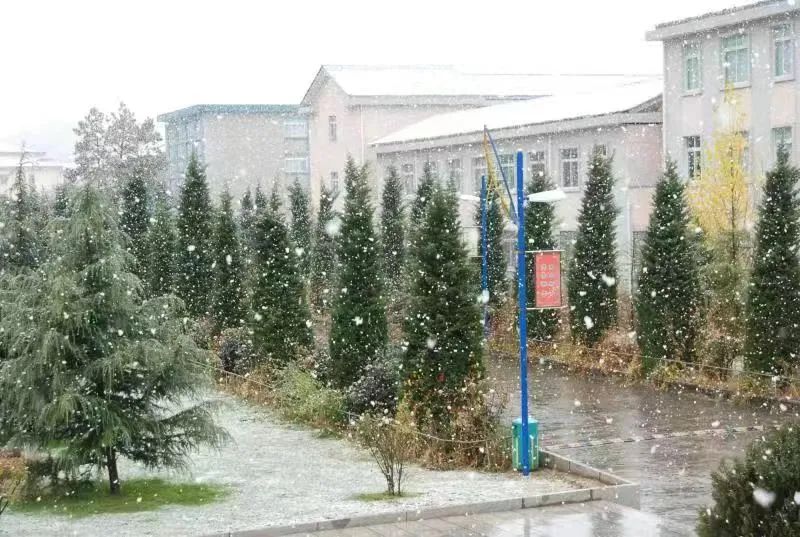
School of Electrical Engineering
*1
College development process
The development process of the School of Electrical Engineering dates back to 1958. It was formerly known as the "Electrical Team of the Tibet National Academy". In 1973, it was relocated from Xianyang, Shaanxi to Nyingchi Bayi Town, and was renamed "Department of Agricultural Machinery Hydropower, the Nilizhi Branch of the Tibet Ethnic Academy". After the establishment of the "Tibet Agriculture and Animal Husbandry Academy" approved by the State Council in 1978, it was renamed "Department of Water Conservancy and Power Engineering of the Tibet Agriculture and Animal Howing Academy" in 1982, which is the earliest in the engineering department of Tibetan universities. In August 2006, it was renamed "School of Engineering, the School of Agriculture and Animal Husbandry of Tibet University". In November 2010, it was approved by the Tibet Autonomous Region Government to reorganize the former "School of Engineering and Technology of the School of Engineering of the School of Agriculture and Animal Husbandry" into two colleges. It is one of them. In June 2016, the Ministry of Education was approved by the Ministry of Education to set up "Tibet Agriculture and Animal Husbandry College" and changed its name to "School of Electrical Engineering of Electrical Engineering of Tibet Agriculture and Animal Husbandry Institute".

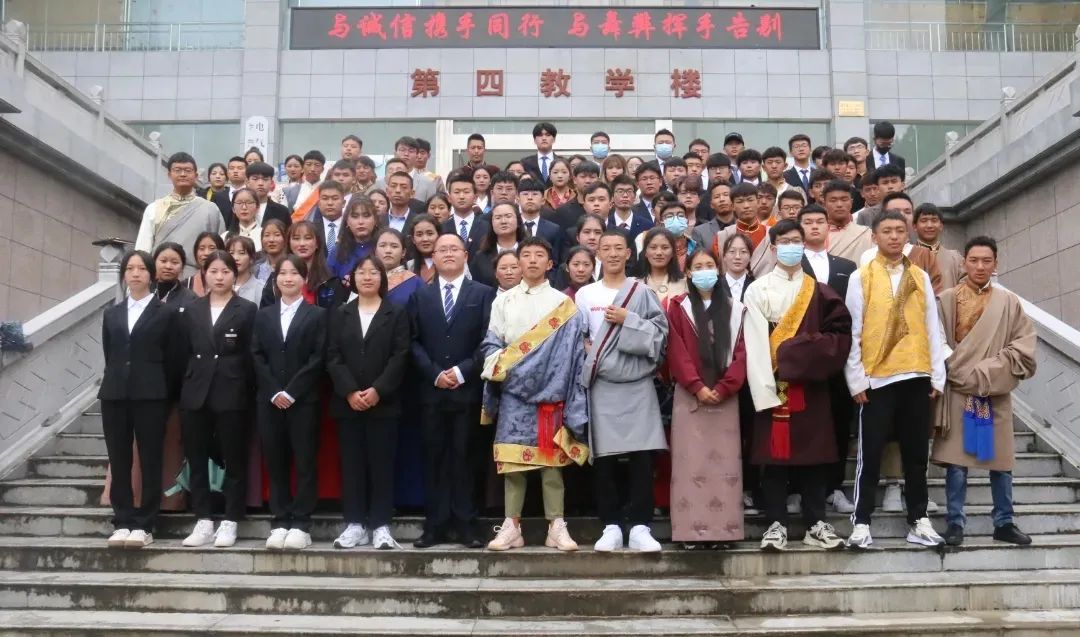
*2
School positioning
The School of Electrical Engineering is based on undergraduate education, strengthen teaching and scientific research; the goal of running the school is to cultivate a thick foundation, wide caliber, consciously adapt to the hard conditions of Tibet, resolutely oppose division and actively maintain social stability, strong political position, strong practical ability, unity with unity, unity with unity Cooperation and high -quality application talents. In recent years, under the strong support and care of the Ministry of Education and other national ministries and commissions, the Education Department of the Tibet Autonomous Region, and the Science and Technology Department, the School of Electrical Engineering has continuously improved and optimized the talent training plan. Laboratory construction and scientific research have made great progress. It has developed into an engineering higher education base that integrates teaching, scientific research and social services in the Tibet Autonomous Region, and has trained a large number of high -quality application talents for the infrastructure and rapid development of Tibet's power industry.
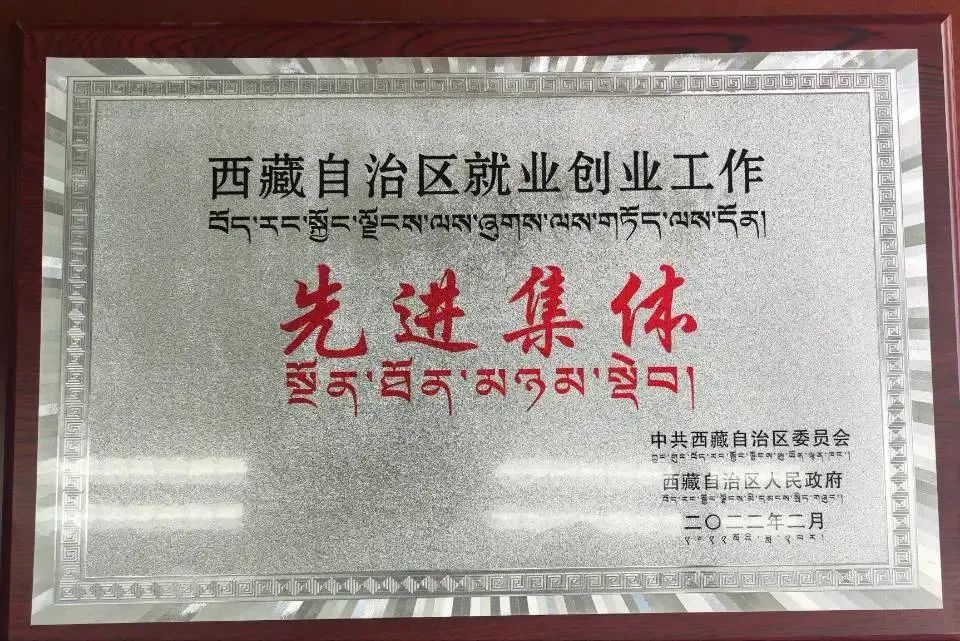
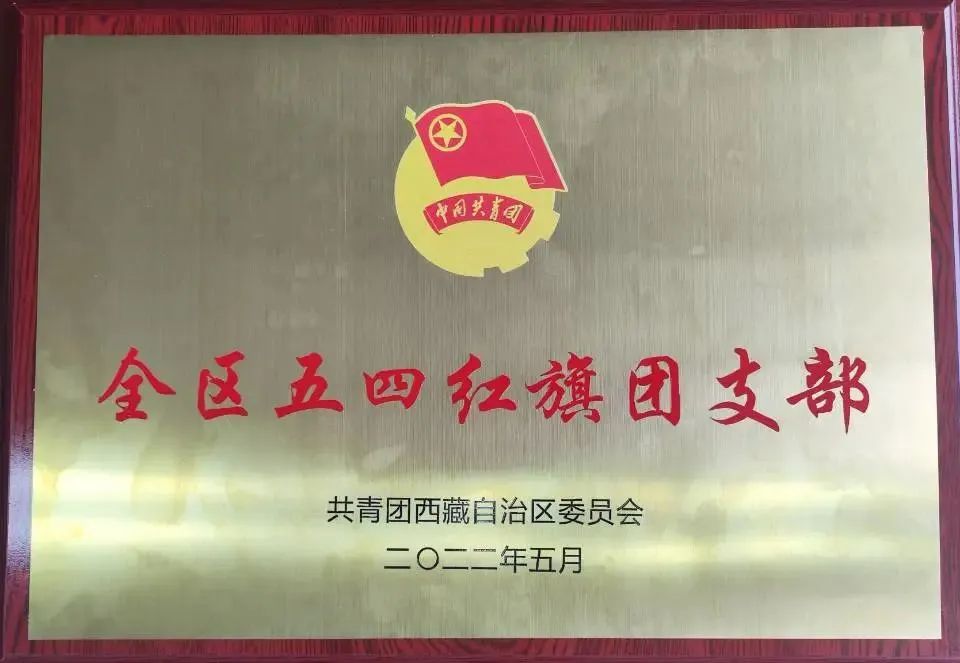
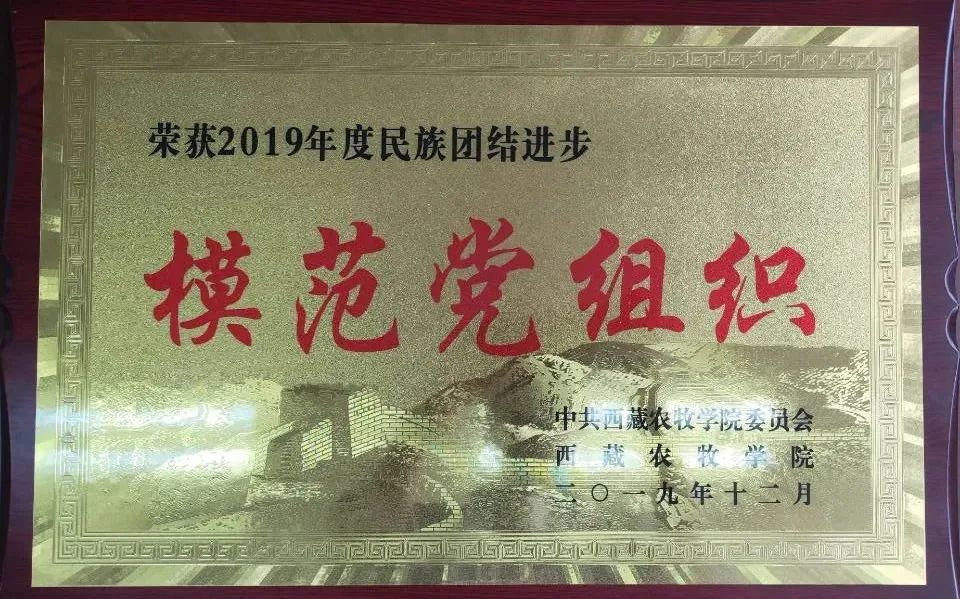
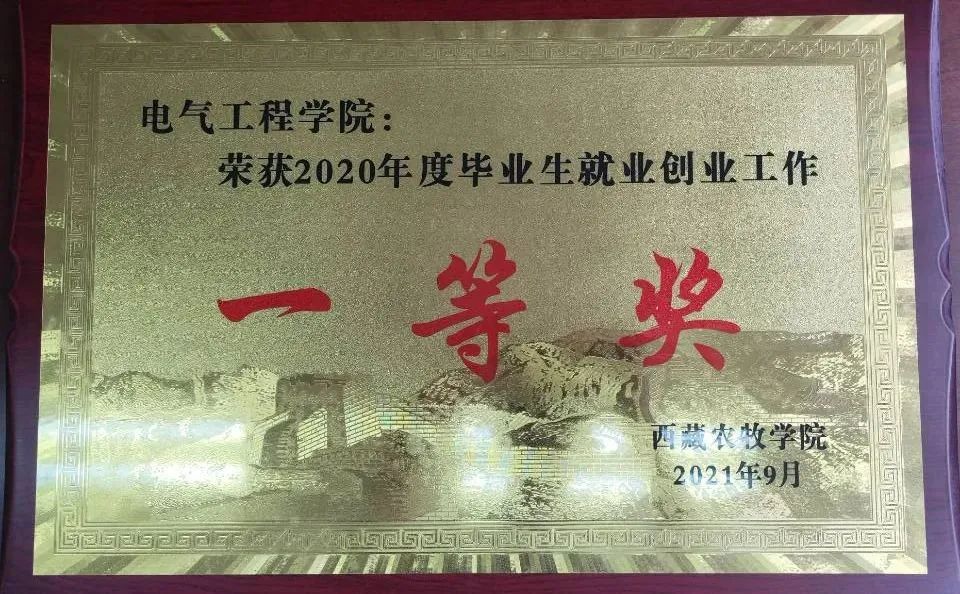
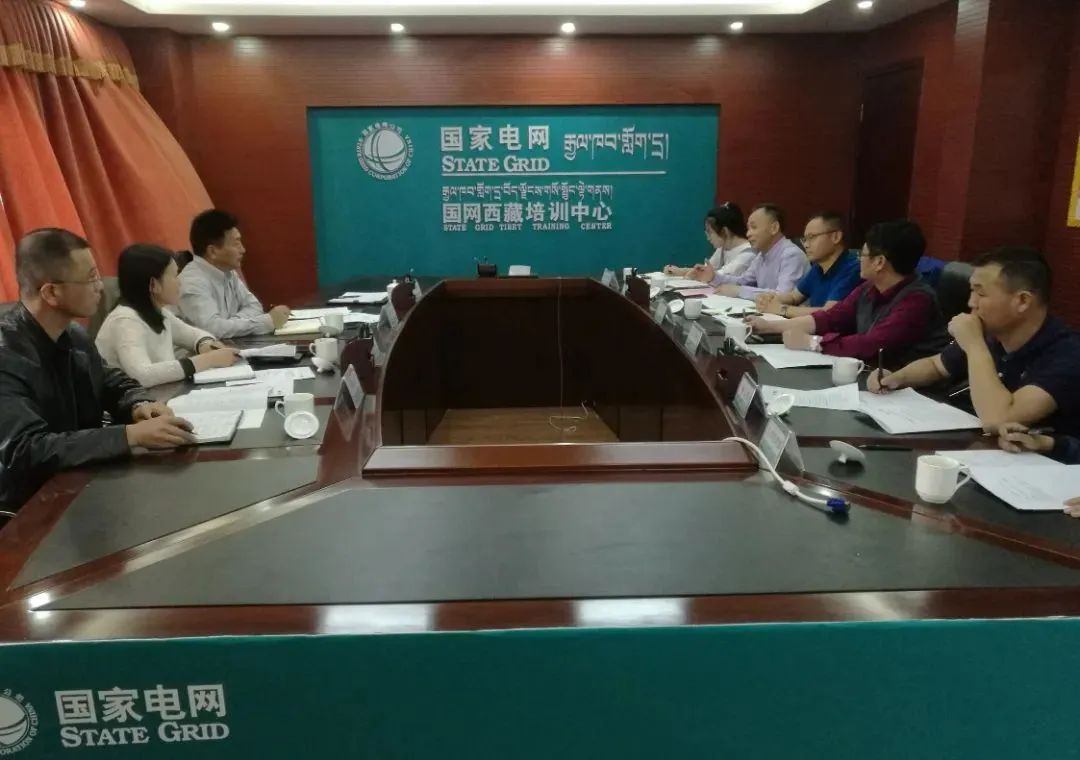
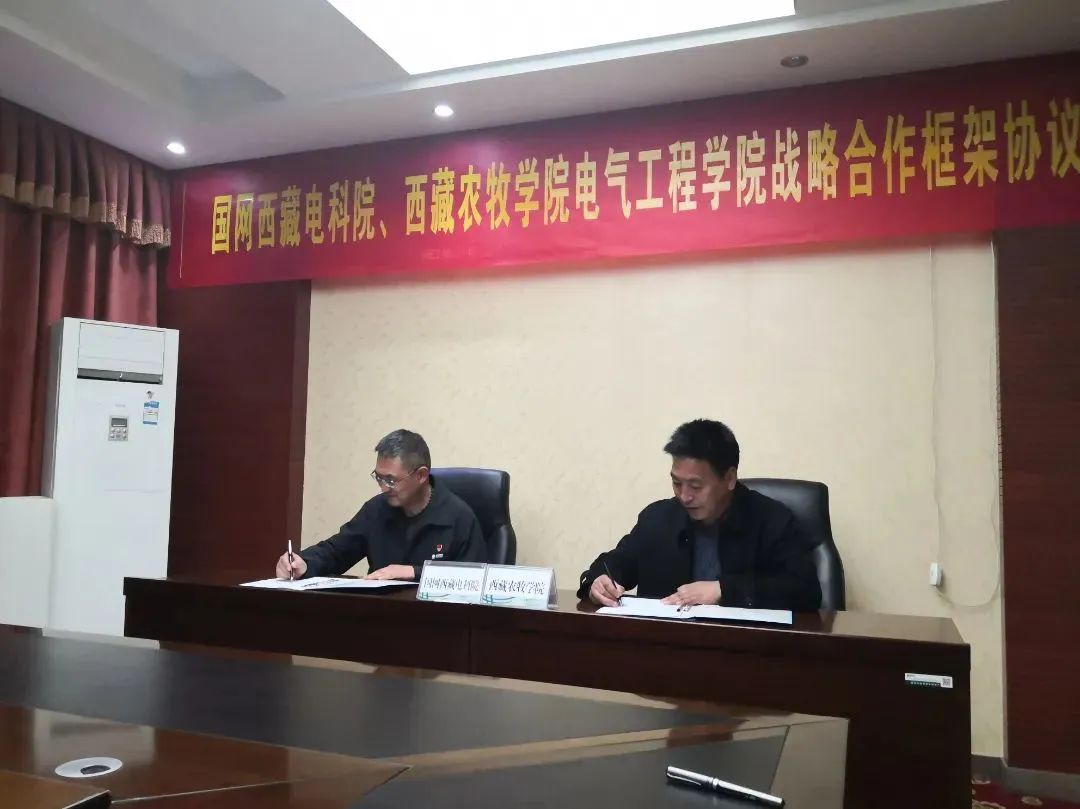
*3
Software and hardware strength
The School of Electrical Engineering has the "Electrical Engineering Lab" of the key laboratory of the Tibet Autonomous Region Education Department, including "Circuit Lab", "Simulation Digital Electronic Technology Lab", "Electric Electronics Technology Lab", "Electric Lab", "Power System Comprehensive Comprehensive Power System Comprehensive Automation Lab "" High -voltage Technology Lab "," Automatic Control Principles Laboratory "," Single Machine Lab "," Electrical Engineering Virtual Image Laboratory "," Electronic Electronic Training Lab "and" In -campus Teaching Intern Power Station " There are 3 off -campus internship bases built by the online company to meet the course teaching and engineering practice of the students of the college. In addition, the School of Electrical Engineering has established the Tibet Autonomous Region Science and Technology Department's "College Student Agricultural Internet of Things Innovation and Entrepreneurship Service Platform" and "College Student Innovation and Entrepreneurship Experimental Platform", which can effectively promote the cultivation of students' innovation and entrepreneurship capabilities.


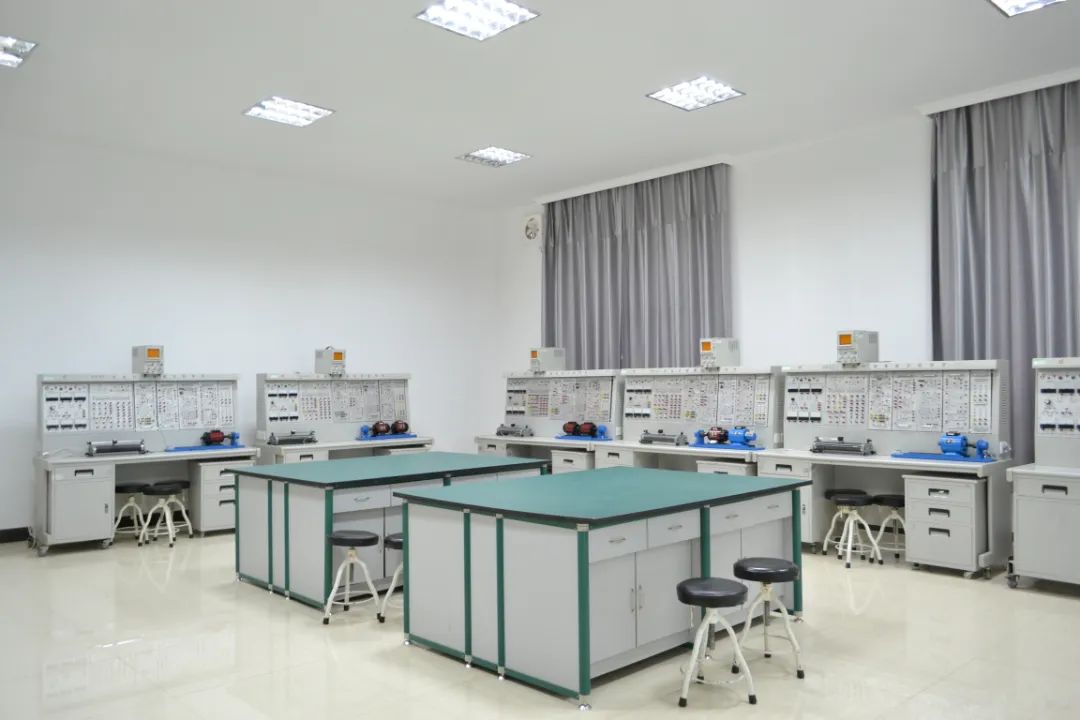
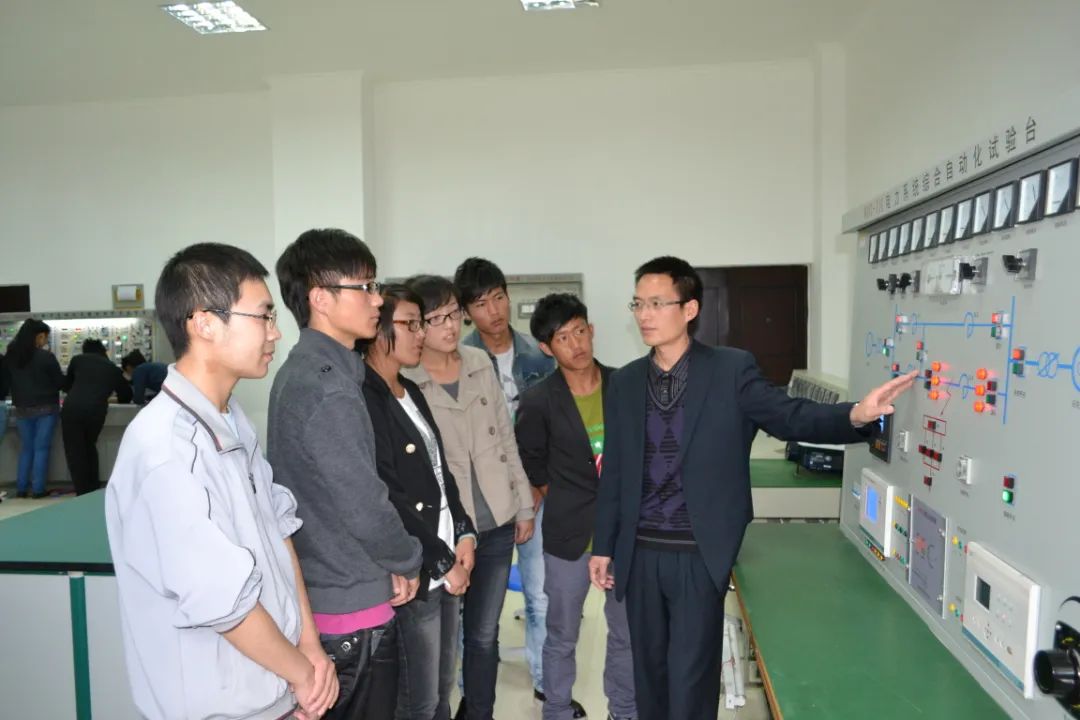

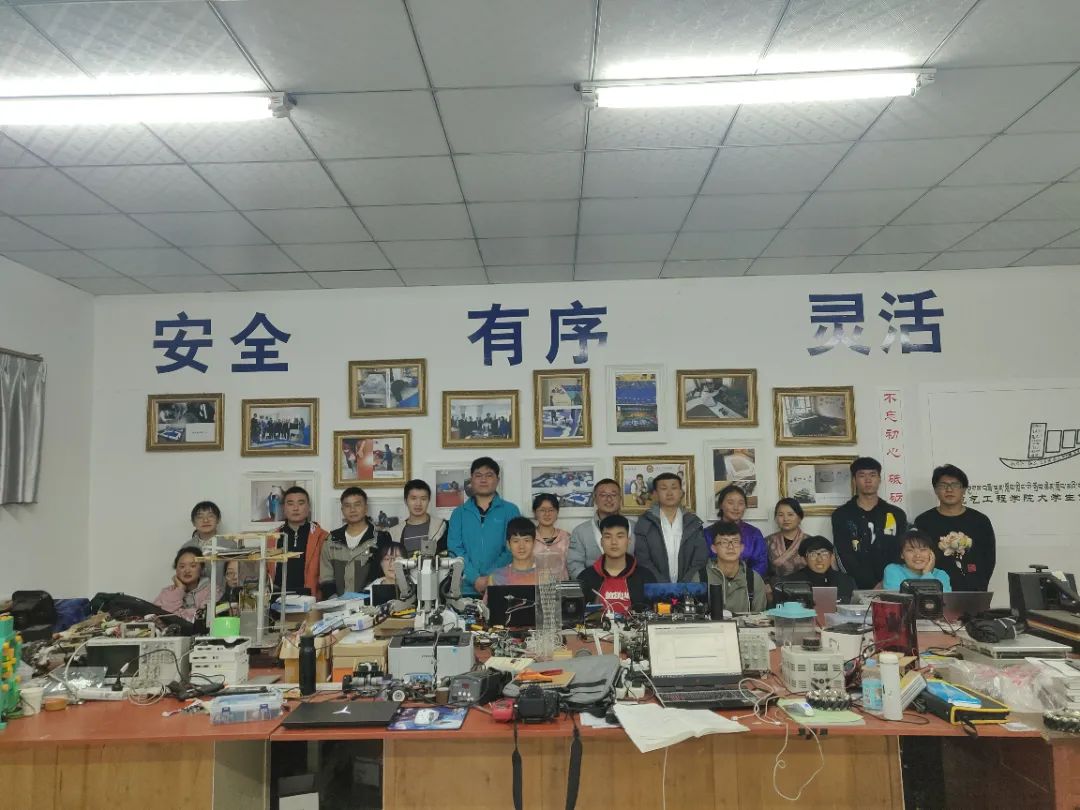
*4
Professional layout
The School of Electrical Engineering of the Tibetan Academy of Agriculture and Animal Husbandry now has two undergraduate majors: ① Electrical Engineering and Automation (080601); ② Agricultural Electrification (082303).
1. 080601 electrical engineering and automation (undergraduate)
Electrical engineering and automation majors are national first -class undergraduate majors. This major cultivates electrical production, transportation and distribution, and use capabilities in the field of power, and master the engineering technical foundation and basic professional knowledge in wider fields; A utility and management talents engaged in system analysis, system design, system operation and scientific and technological management in areas.主要课程有电路理论、模拟电子技术、数字电子技术、电机学、自动控制理论、电力系统分析、电力系统继电保护原理、高电压技术、发电厂电气部分、电力系统自动装置、电力电子技术、 Microcomputer relay protection, etc. The graduates cultivated can engage in technology and management in various types of power companies, power scientific research institutes, and enterprises and institutions in electrical engineering and automation.
2. 082303 Agricultural Electrification (Undergraduate)
This major has the training of electrical technology, electronic technology, control theory, computer application technology, power distribution network and county -level regional power grid field and agricultural automation professional knowledge. Manufacturing and installation, system operation, automatic control research and development, economic management, and computer application are wide -caliber, practical engineering technology and management talents. The main courses include circuit, single -chip microcomputer, electronic technology foundation, sensor detection technology, automatic control theory, motor, power system analysis, high voltage technology, rural power drag and control, power system relay protection and automatic device, rural transmission and distribution and distribution and distribution Circuit design, distribution network and its automation, rural power network planning, etc.
Graduates can work in electrical, automated and smart agricultural enterprises, factory engineering management departments, governments, and institutions to work in electrical automation equipment operation and maintenance, distribution network and power station planning and design, and plant power management.
In the past five years, graduates have maintained the initial decree of more than 90%. The main directions are large power companies such as the State Grid, National Energy, Huaneng, Nanrui, Shenrui, Huadian, etc., and the employment prospects are good.
*5
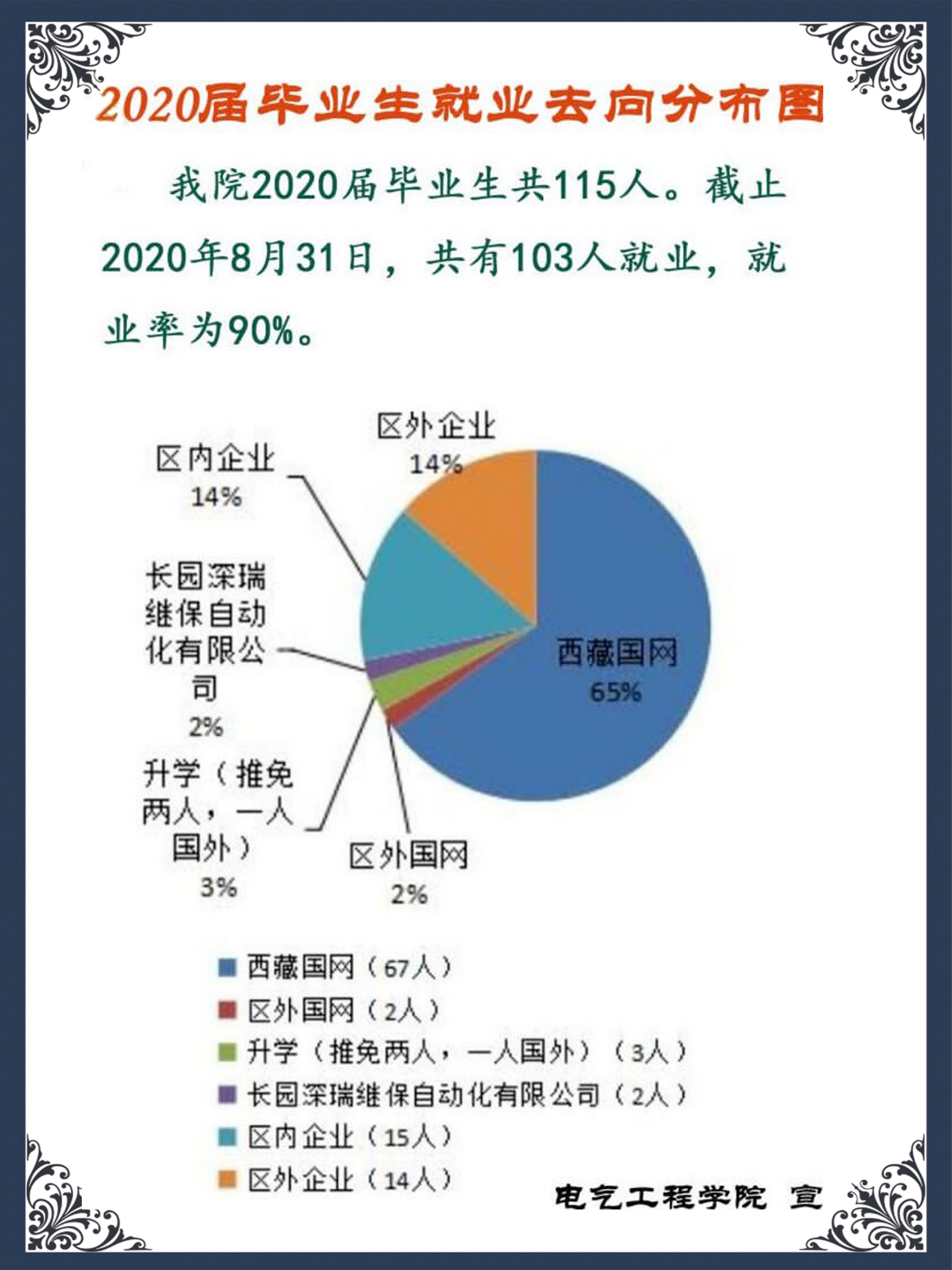
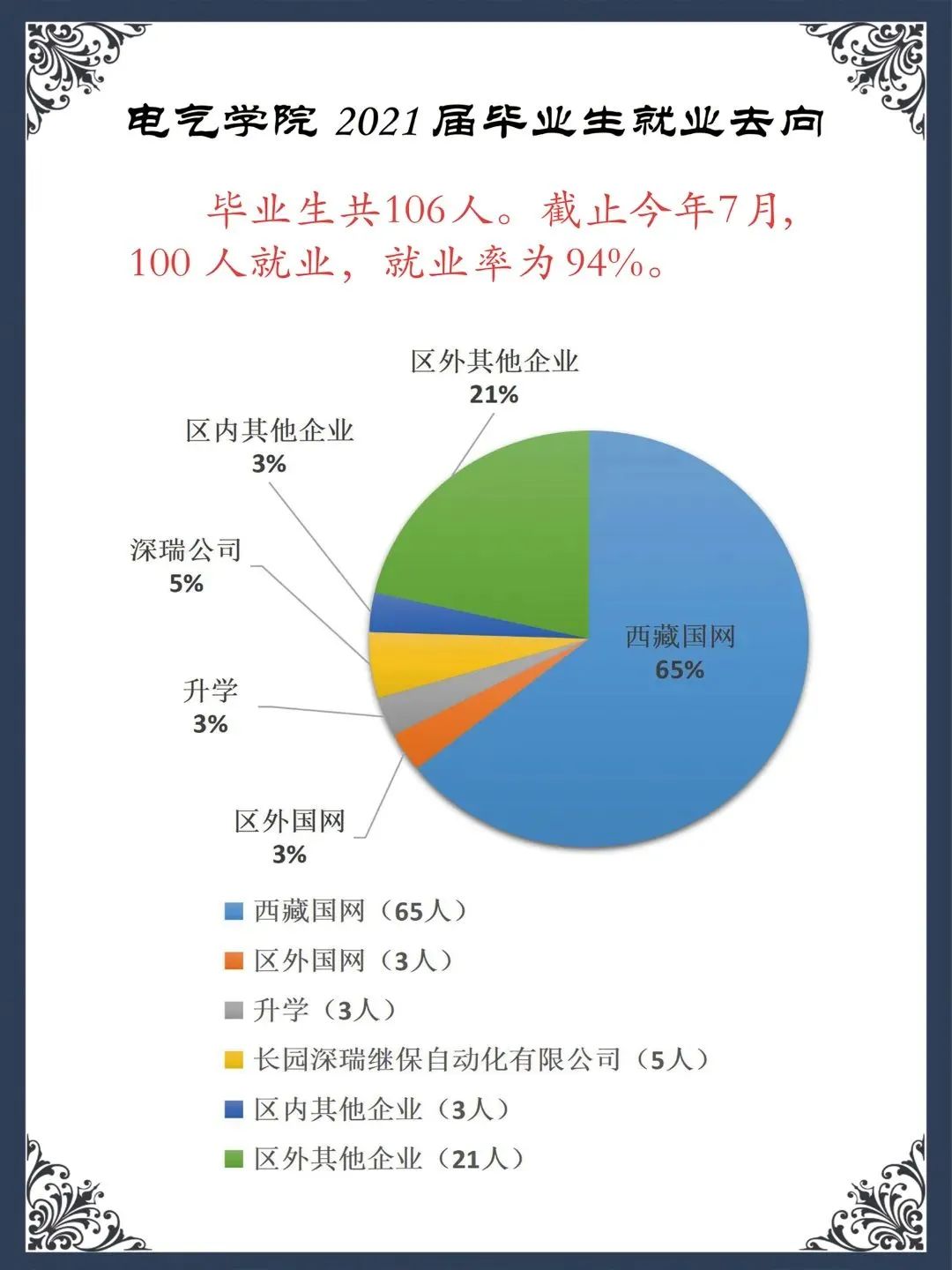
Joint training
The School of Electrical Engineering cooperates closely with Hohai University (985, 211, and "Double First -class Construction University). Each year, 6 electrical engineering and its automated new students are selected to jointly cultivate.
*6

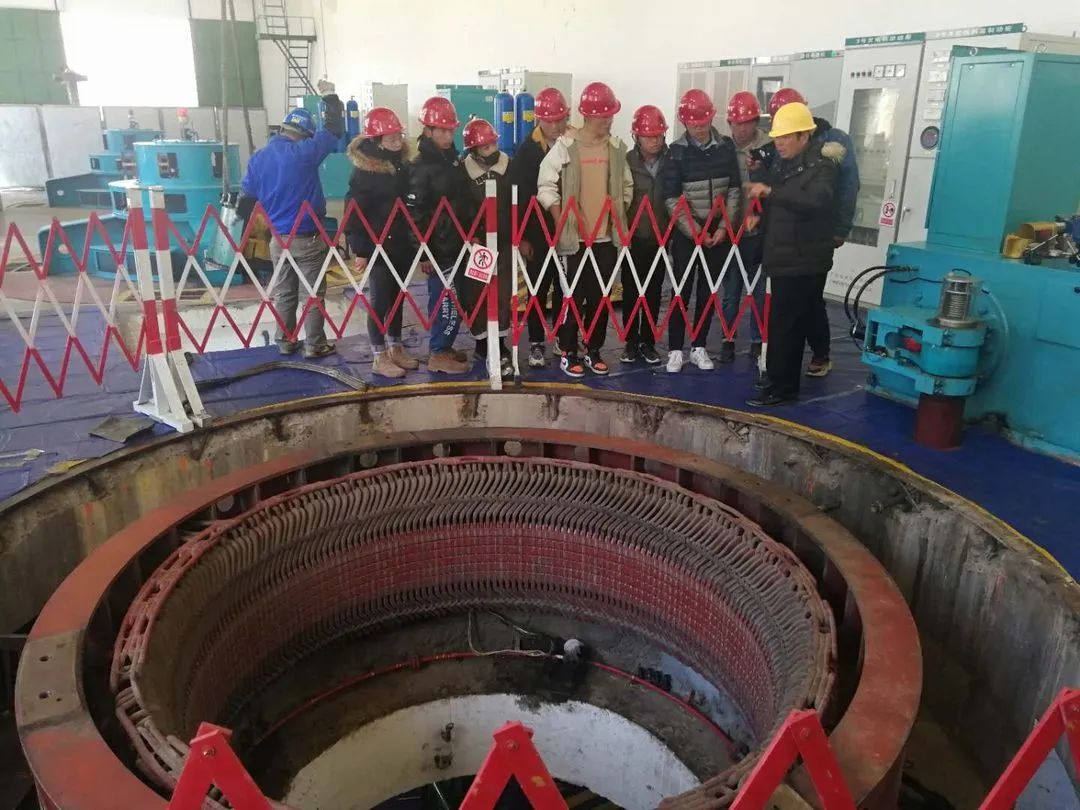
School achievement
Our college selects outstanding students every year to participate in the "National College Student Challenge Cup", "National College Student Energy -saving and Restaurant", "National College Student Smart Auto Competition", "National College Student Robotics Contest" and other discipline competitions, and achieves good results. In the past two years, 5 of the graduates of the School of Electrical Engineering have been studying for graduate students. The first time the undergraduate students' goal is 90 %, it is mainly employed in the power industry, photovoltaic energy, and water conservancy departments inside and outside the autonomous region. A large number of professional and technical personnel have been trained for the Tibet power industry, and many of them have grown into engineers, senior engineers, chief engineers, department managers, general managers, bureaus, and office leading cadres. The School of Electrical Engineering enrolls in more than 10 provinces, municipalities, and autonomous regions across the country. The source of students is sufficient, and the quality of students has increased year by year. A large number of outstanding graduates are technical backbones and administrative leaders in autonomous regions, cities, and counties. They have become the backbone of Tibet's development. They have made outstanding contributions to Tibet's economic construction and social development and have achieved remarkable results.
Welcome to young students who are interested in power and energy, enthusiastically apply for the School of Electrical Engineering!
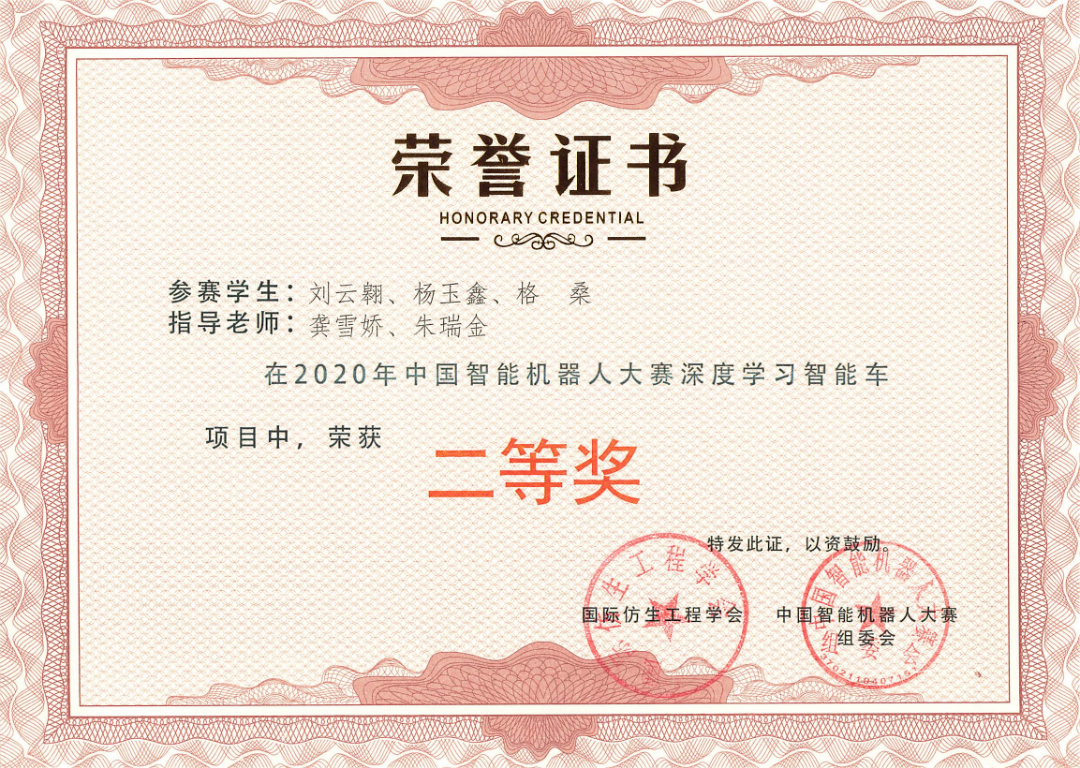
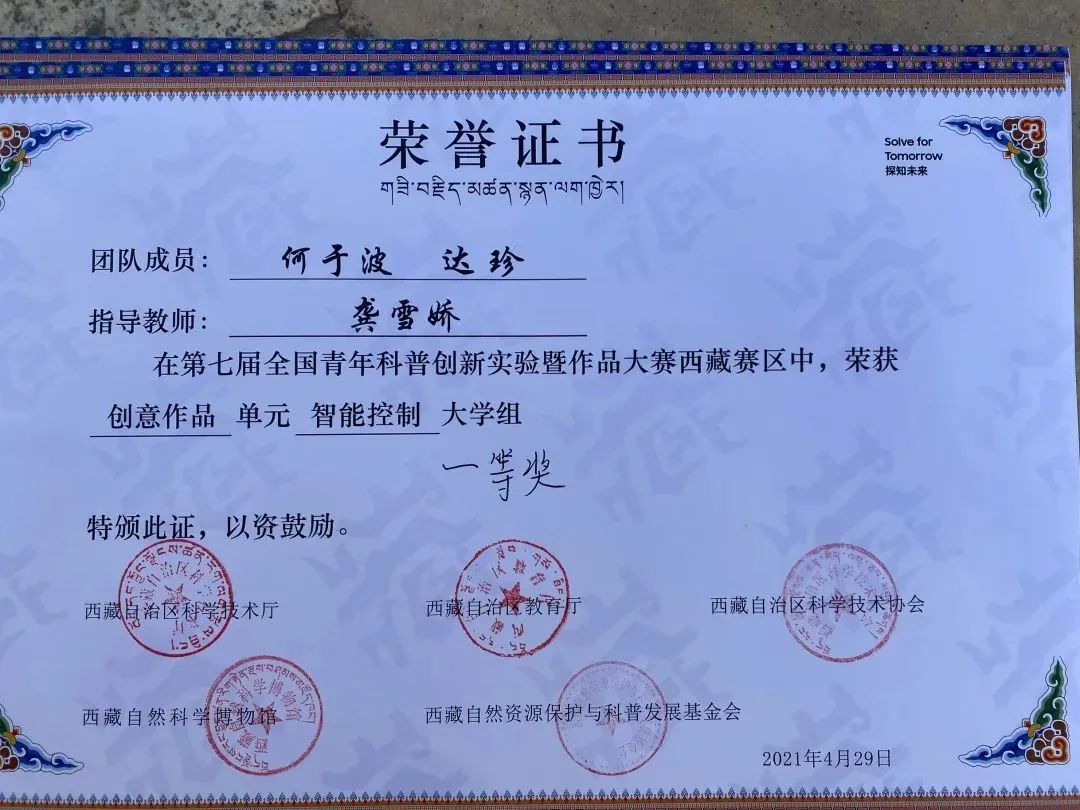
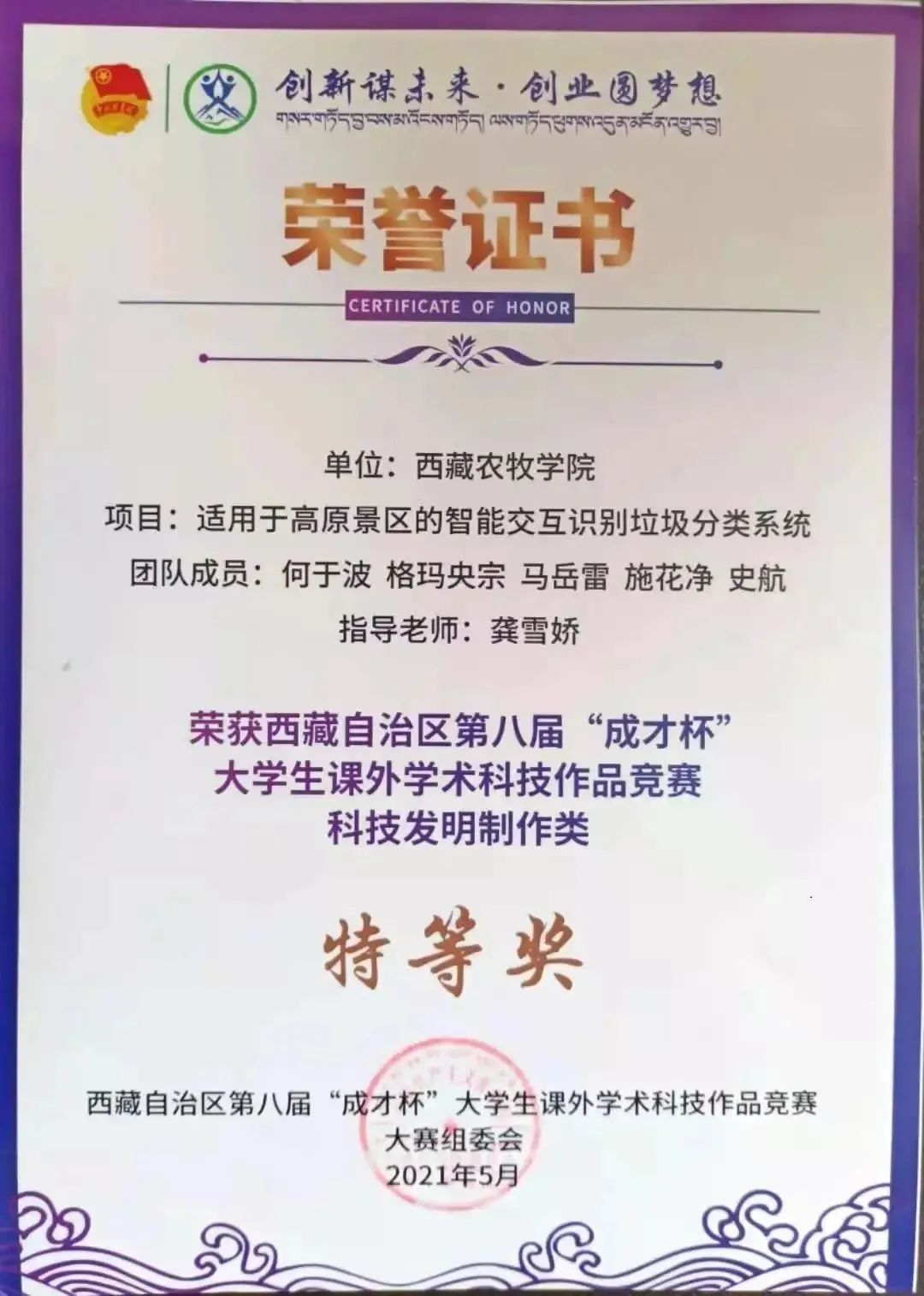
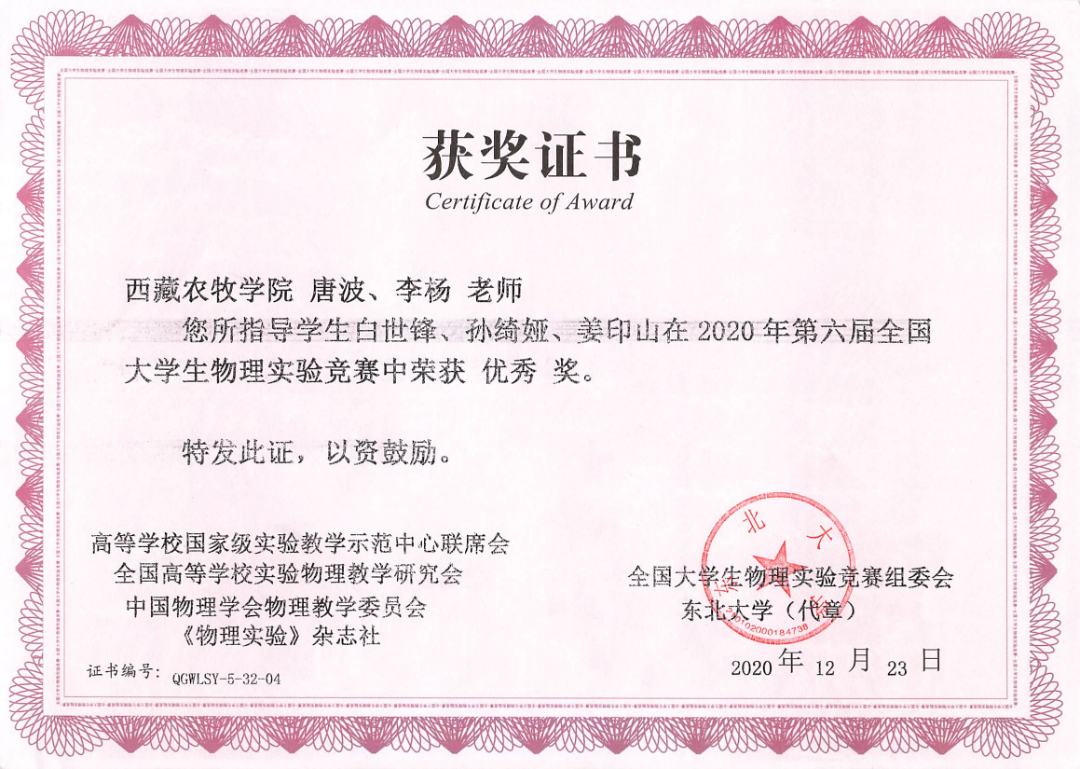
(The enrollment information included in this article comes from the Tibetan Agriculture and Animal Husbandry College. This platform is only supported by media. Please contact the Tibetan Agriculture and Animal Husbandry Academy.)
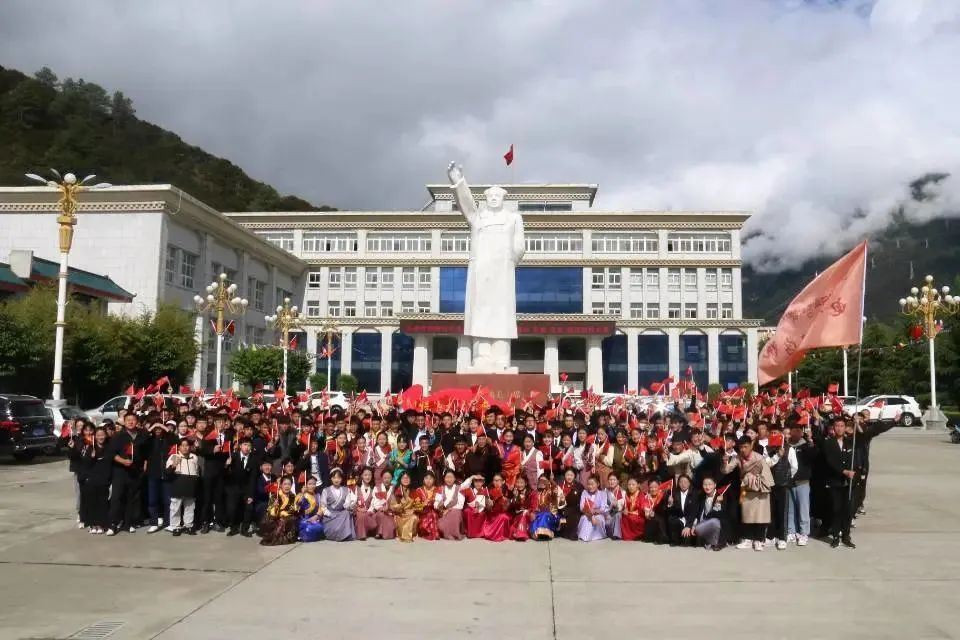
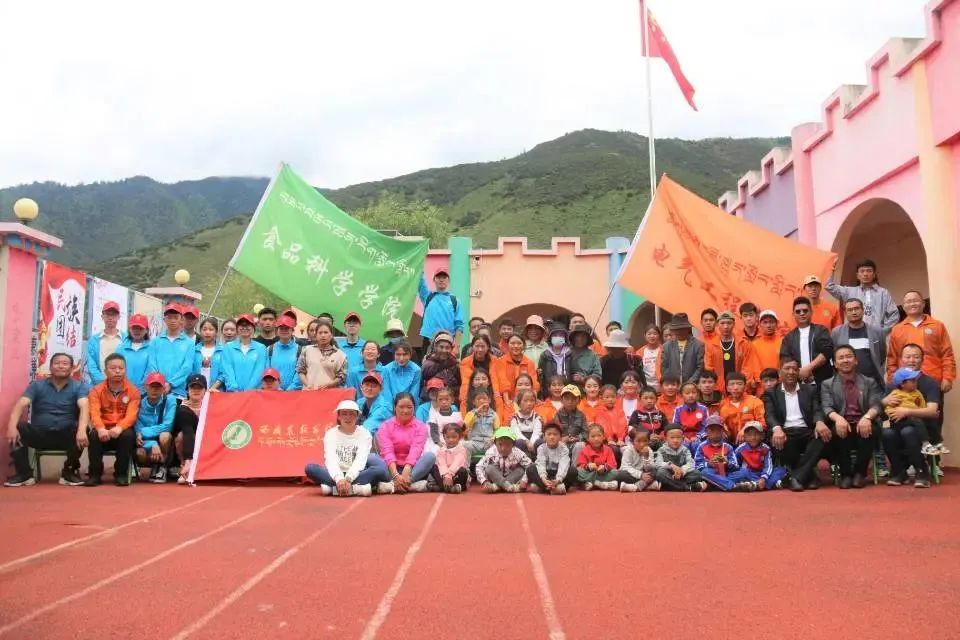
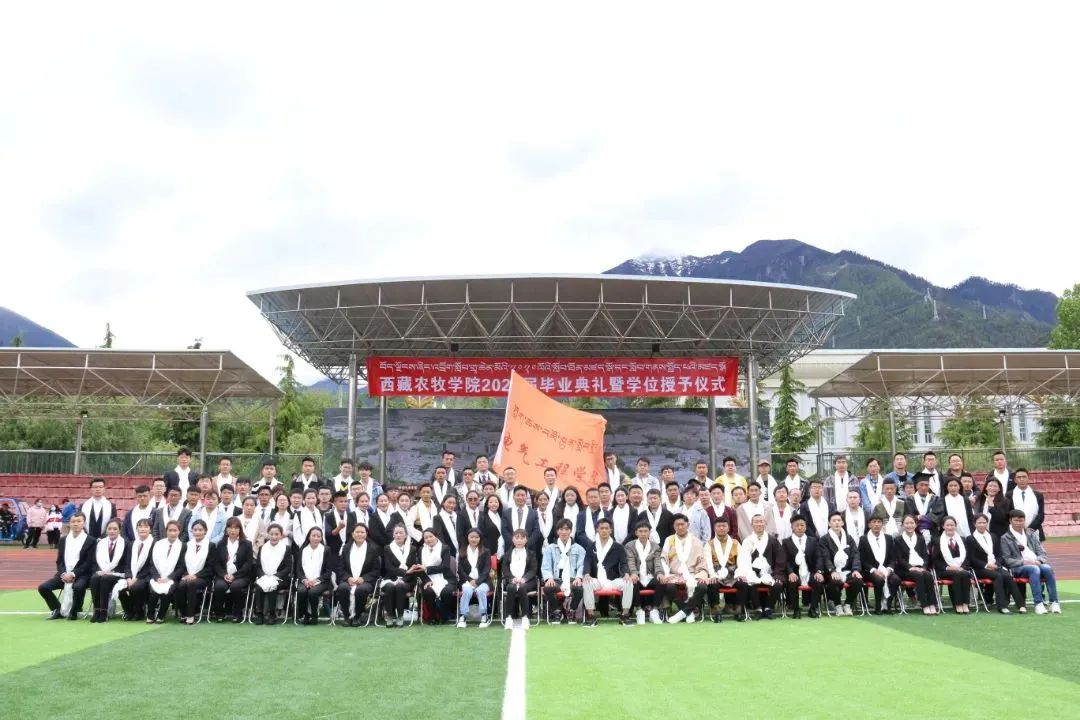
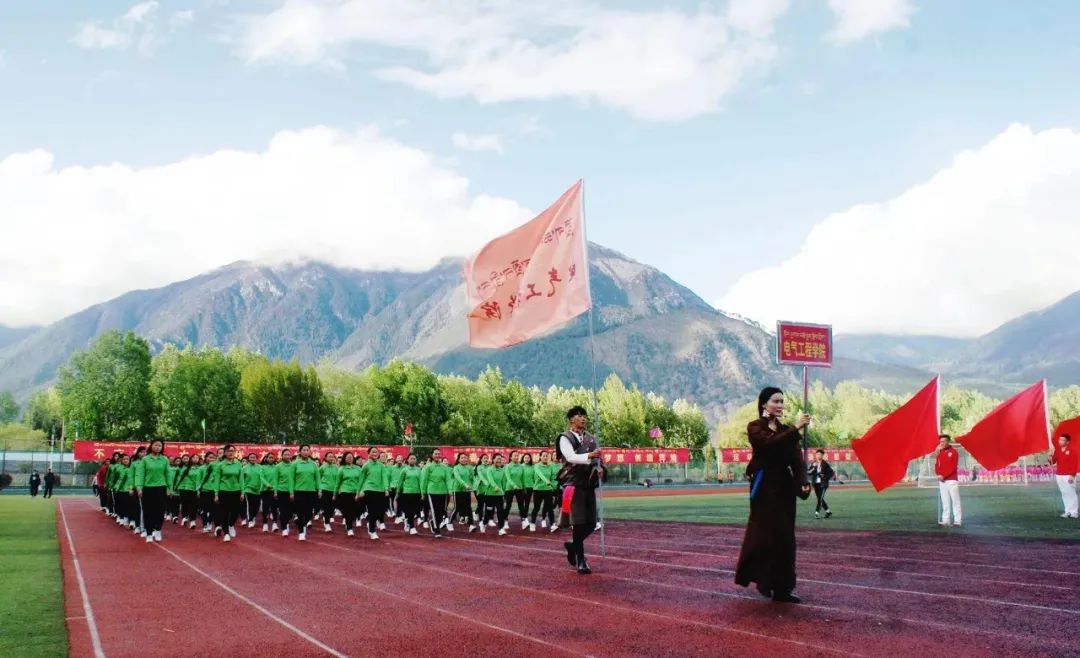
For more exciting, please pay attention to the Tibet Daily video number
- END -
Nanjing University of Technology: strive to build a domestic first -class internationally renowned entrepreneurial university
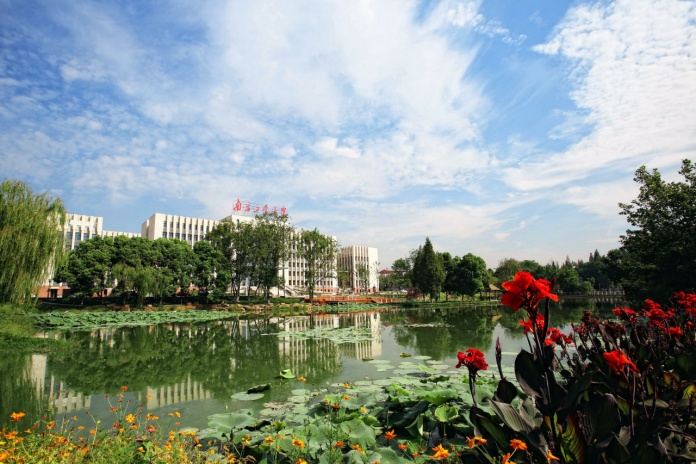
The history of Nanjing University of Technology can trace the Sanjiang Normal Scho...
Photos 丨 There is no regret for fighting!Hengyang's 2022 college entrance examination ended suc

Hengyang News Network reporter Sun Yunfei at 18:15 on June 9th. As the last test ...